Android vs iOS: Which is better?
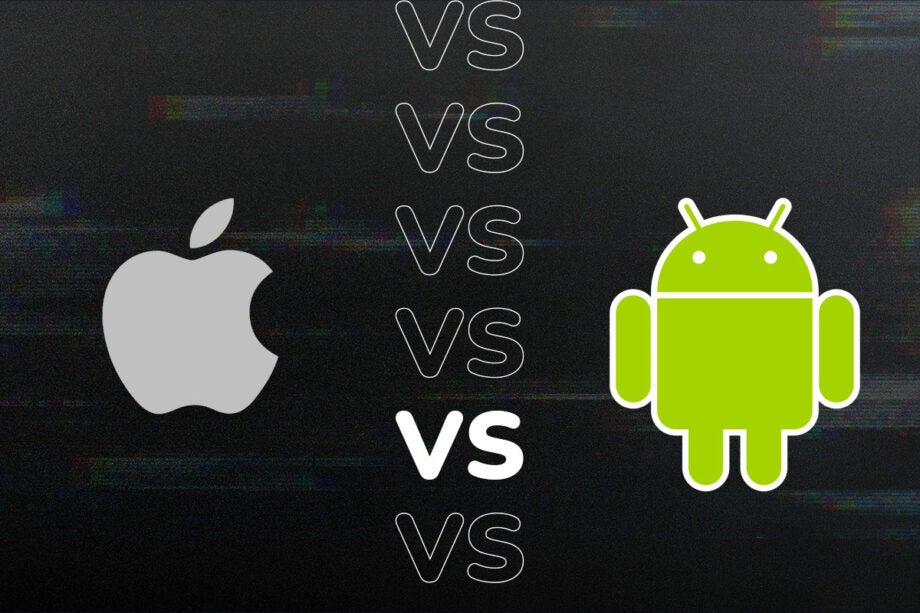
It’s easy to see that the smartphone industry is dominated by two operating systems: iOS and Android, but how do the two compare when it comes to important aspects such as features, apps and security?
Many users will find an operating system and stick with it, but that doesn’t mean you can’t switch teams when your next upgrade comes around. With so many fantastic phones available right now, it’s tough not to be tempted to trade your iPhone in for a Pixel – or vice versa – whenever a new model is announced.
We’ve put together this guide to help you navigate all the major differences between Android and iOS so you can be sure you won’t regret your decision if you do make the jump.
First, though, it’s important to be aware that while Android is available on a huge range of phones from Xiaomi and Oppo models to Samsung foldables, it won’t necessarily look the same. This is because manufacturers often place their own skins on top of the stock Android software.
With that in mind, keep reading to learn how else these two operating systems differ…
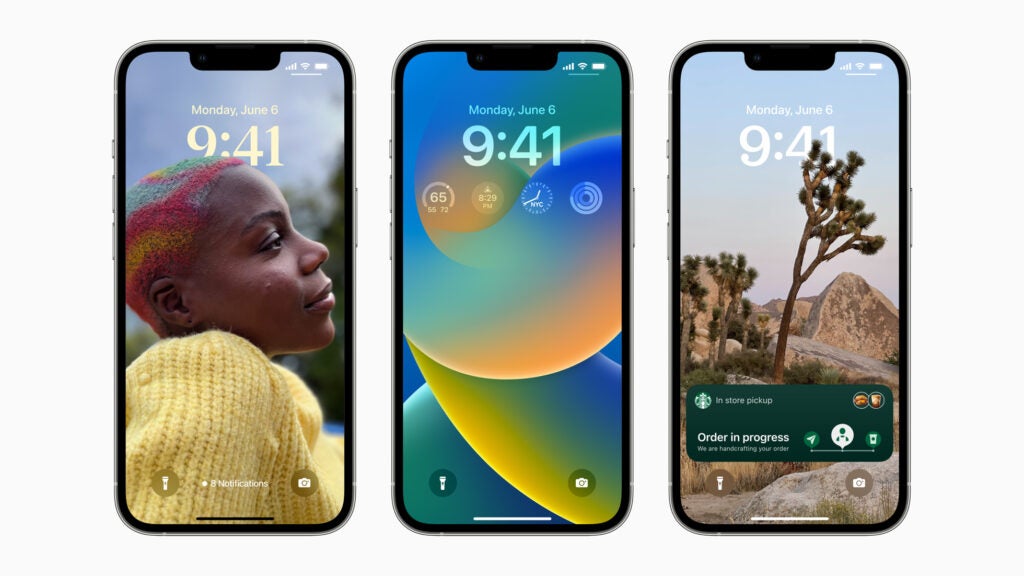
Updates
Both Apple and Google release one major OS update once a year, with smaller updates rolling out as the year progresses.
For Google, the annual update is announced around May at Google I/O, with the software officially beginning its rollout in August. This year, that will be Android 14, following on from last year’s Android 13 release.
Not every phone will get the latest Android software right away. Google’s own Pixel series is traditionally first in line, but other phones could take anywhere from months to years to see the update.
iOS meanwhile is exclusive to Apple’s iPhone line and every supported phone receives the update around the same time.
Apple unveils its own major update at WWDC in June, with iOS following in September. The current version of iOS is iOS 16, with iOS 17 set to arrive this year.
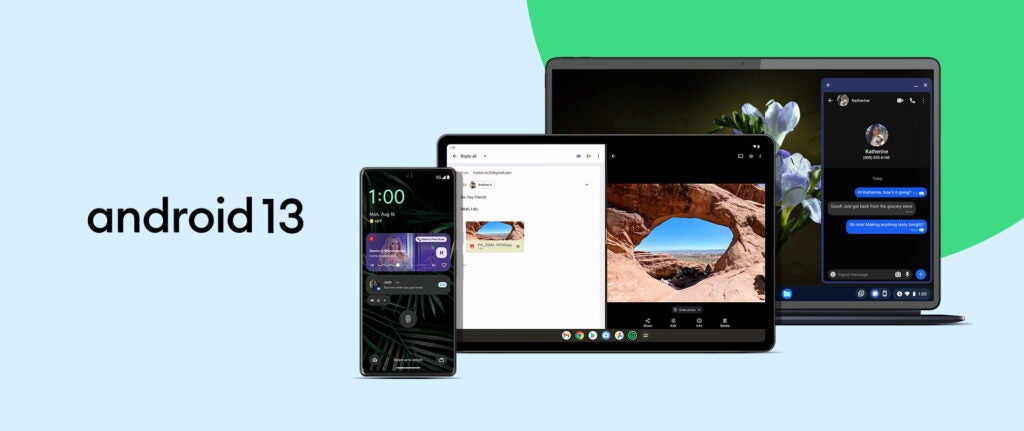
Features
The current version of Android is Android 13, which launched on August 15 2022. Apple followed shortly after with iOS 16, which arrived on September 12 2022.
One new feature introduced in iOS 16 was the ability to customise your lock screen with photos, font styles and widgets. Users can also create multiple lock screens with different wallpapers and widgets for different times and places.
The Focus feature received an update, allowing users to customise notifications. Focus filters lets you silence certain apps and people to limit distractions.
Users also now have the ability to un-send and edit messages up to 15 minutes after they have been sent, as well as mark messages as unread if they don’t have time to respond to them when they see it.
Android 13 also introduced new customisation elements. For example, Android users can now customise third-party apps to better match their phone’s wallpaper and colours, bringing more personalisation to the home screen.
Users also have the option to assign languages to specific apps, making it possible to navigate apps in a different to that used for the device’s system. This makes it possible for multilingual people to use apps in a chosen language.
Apps now require permission to send notifications in Android 13 and Bluetooth Low Energy (LE) has arrived to reduce latency when listening to audio.
Finally, Android 13 can now automatically clear your clipboard history if you have copied any personal information, keeping details such as your address or login credentials more secure.
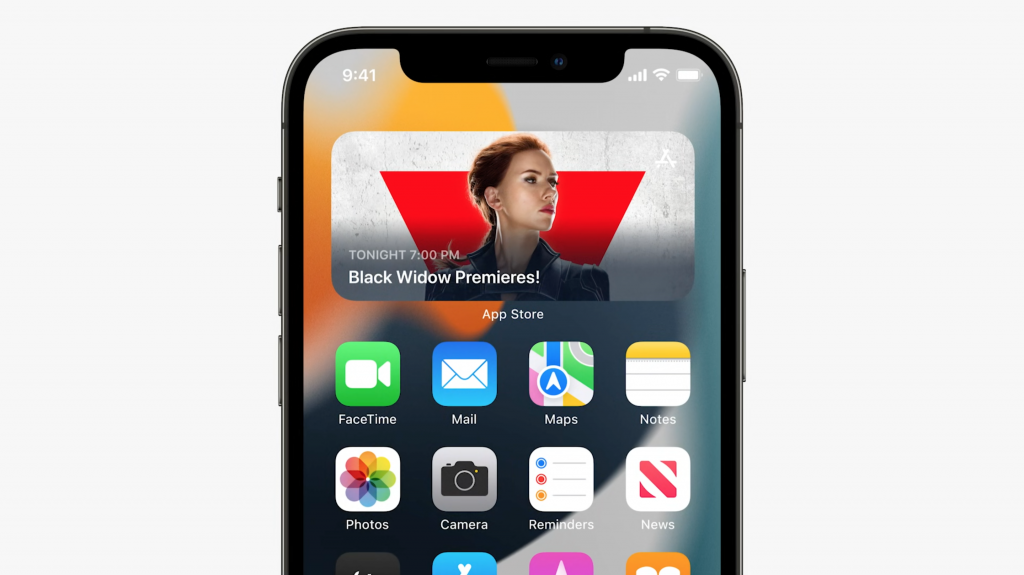
Apps
When it comes to apps, Apple has the App Store and Android has the Google Play Store, both of which launched back in 2008.
According to Apple, there are almost two million apps in the App Store and all are automatically screened for known malware. To give you an idea of Apple’s screening process, more than 215,000 submissions were rejected last year for violating privacy guidelines.
The Google Play Store features even more apps – 3.4 million according to Google. However, Google has been less transparent than Apple when it comes to its screening process, including how the company checks for malware and how many apps get rejected each year.
There have also been many instances in which people have reported accidentally downloading malware-infected apps from the Google Play Store. However, that doesn’t mean the App Store is impenetrable.

Camera
It’s difficult to say which operating system has a better camera as there is a wide range of different Android phones with varying image sensors.
Arguably, there is more consistency in the quality of the iPhone camera since Apple has full control of the design and specifications of both the hardware and the software.
With that being said, there’s more choice with Android phones, meaning you can choose a set of lenses that suit your needs, whether that be an ultra-wide angle camera with a huge field of view or a telephoto camera for taking shots of subjects far away. The same goes for video quality with some models going as far as supporting 8K video capture.
When it comes to camera software, Apple recently launched its new Photonic Engine, a feature that allows its Deep Fusion pixel-by-pixel image processing system to begin working earlier in the picture-taking process for a brighter and more vibrant image.
Google, meanwhile, has packed loads of great camera and editing features into the Android software on its Pixel series, including Real Tone, Face Unblur and the Magic Eraser.
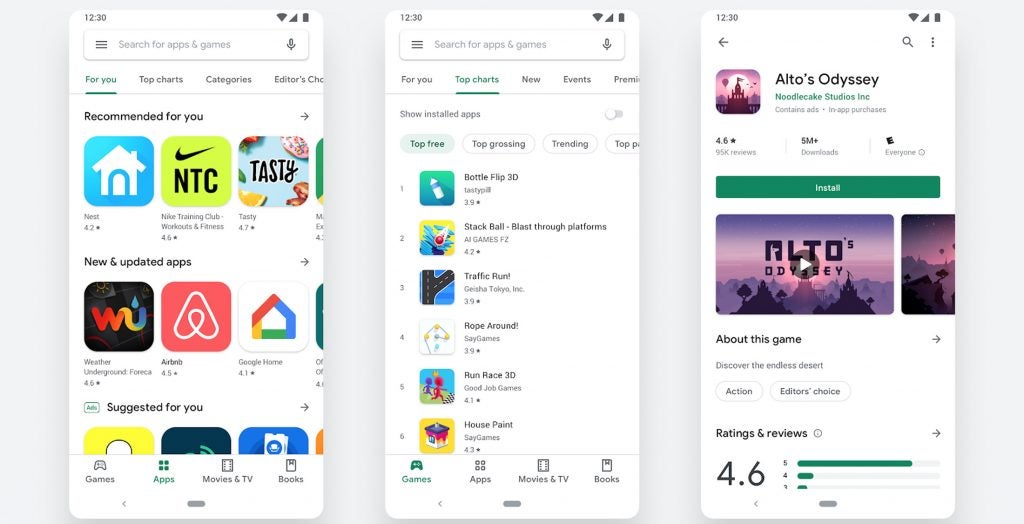
Security
When it comes to security, the sheer amount of Android phones on the market makes them the obvious target for cybercriminals. It makes sense that malware developers would go after Android users with Android phones making up 71.47% of active devices worldwide compared to 27.88% Apple phones (via Statista).
The fact that manufacturers will adapt and customise the software for their own smartphones also opens up space for more security flaws that could leave them vulnerable to attacks.
While iOS users might be less likely to become the victims of an attack, the fact that all iPhones run the exact same software also means that a single successful attack would affect the whole system.
Apple’s stricter screening process helps to prevent malware from being spread via apps as easily as they might on the Google Play Store. The same goes for Apple’s more homogeneous OS updates, allowing them to protect all users with a single update, whereas Google’s update schedule is much more fragmented.
For more information on which operating system is safer, you can visit our guide to how secure iPhones are in comparison to Android phones.
Verdict
Both iOS and Android are wildly popular operating systems with different UIs and options to customise your smartphone.
iOS seems to be the leader when it comes to security because it offers earlier updates for all supported models and has a tougher App Store screening process.
Android meanwhile gives users more choice across the market, allowing them to pick the phone and specifications that appeal the most to them.


